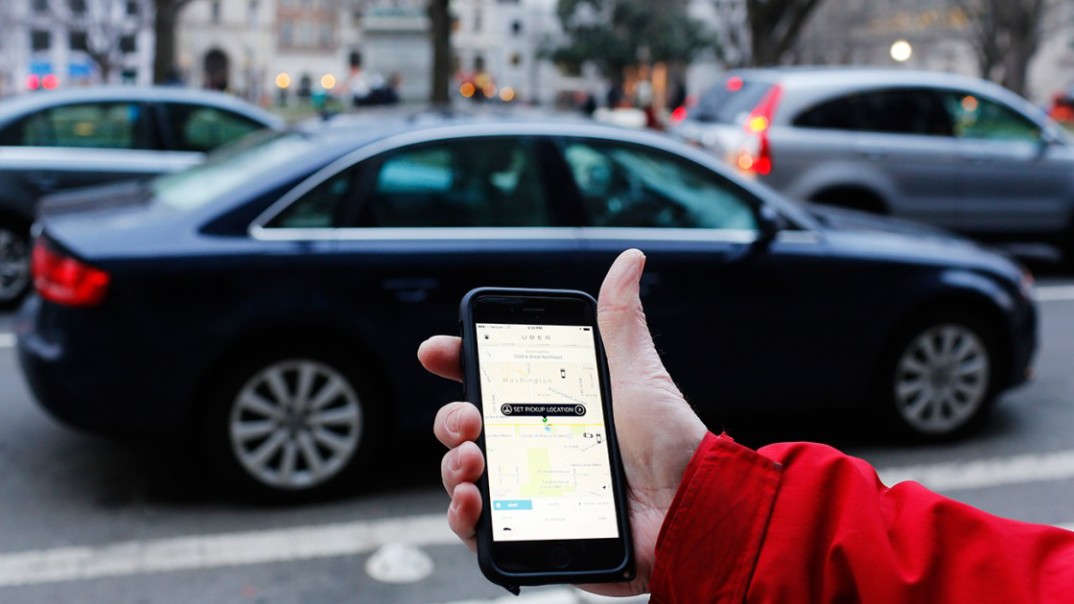At a Las Vegas rally in June, Donald Trump floated a proposal to his crowd: No federal income taxes on all wages earned as tips. This was likely an attempt to appeal to local workers in the hospitality industry, which employs up to 26% of workers in the city. Nevada is a battleground state, after all. Regardless, the idea has gained traction. The Trump campaign has since formally adopted the policy, and Kamala Harris’ campaign has endorsed a similar policy.
Despite both major party presidential campaigns supporting this initiative, reaction to it has been mixed at best. Of course, those who would receive tax breaks are rarely opposed to them. Further, employees that earn part of their wages in tips are likely to be in lower income brackets, making this a tax break for the poor. However, economists are skeptical. Many tipped workers already earn so little income that they pay no federal income tax making this a tax break for them in name but not in practice. Others worry that this proposal is unfair; two workers who earn the same income may pay different tax rates simply based on the industry in which they work. Further, it could create a perverse incentive structure, leading employees to seek a greater portion of wages in tips, and to reclassify other kinds of wages as tips – a high-powered attorney may only earn minimum wage from her law firm, but receive very significant gratuities from clients at each stage of the legal process.
Ultimately, this conversation is taking place during a larger cultural flashpoint about tipping practices, at least in the United States. Many Americans feel that tipping is everywhere and the data support this feeling; tipping has become far more prevalent in recent years, due (in part) to increased tipping during the COVID pandemic, devices like tablets replacing traditional cash registers, and businesses seeking to increase workers’ wages without raising menu prices for consumers. Many of us feel confusion, anxiety, and anger at being asked to tip so often, even at self-checkout.
However, I want to explore something that goes unprobed during these conversations about tipping. I think that receiving a significant portion of wages as tips is, in fact, bad for the tipped employee. And it may be bad in a way you might not expect – I contend that tipped workers are less free than workers with a regular wage. In order to explain this, though, I must first ask you to take what may seem like a detour.
Imagine an absolute despot, say, a king who rules over a nation with unquestioned authority. This king has a single favorite subject, the jester in his court. So long as the king is pleased with the jester’s performances, the king allows the jester to do whatever he pleases. Other citizens, however, are subject to laws which vastly restrict their life’s options. They lack freedoms such as freedom of speech, of assembly, and of religion. Further, the king changes the laws on a whim, leaving the citizens uncertain of what they will be able to do in the future, inhibiting their ability to form long-term plans and pursue what they find valuable. The jester occupies a unique position where he is never forced to comply with the king’s whims, and never punished if he violates the law. Of course, this could change. If the jester falls out of favor with the king, he will become just like any other subject.
Is the jester free? There are some senses in which he is. First, he has negative freedom, since the king does not interfere with him. Second, he has positive freedom – he is free to choose what he would like to do, and he can develop plans about his future, given that his options are not limited in the way that both the content and the unpredictability of the king’s orders limit others. Nonetheless, it seems like the jester is not completely free. His position is precarious, conditional on continuing to please the king. If one joke doesn’t land, if he has one off-performance, his freedom may be stripped away. In other words, his freedom is dependent on the arbitrary whims of the king.
The jester lacks what some call republican freedom. Having freedom in this sense deals with non-domination – you are free only when others do not wield power over you, such that they could interfere with your interests even if they are not actively doing so. In other words, you lack this freedom if your life and projects are subject to the whims and depend on the good graces of others. Philip Pettit describes republican unfreedom as follows:
The grievance I have in mind is that of having to live at the mercy of another, having to live in a manner that leaves you vulnerable to some ill that the other is in a position to arbitrarily impose… It is the grievance expressed by the wife who finds herself in a position where her husband can beat her at will and without any possibility of redress… and by the welfare dependent who finds they are vulnerable to the caprice of a counter clerk for whether or not their children will receive meal vouchers.
With this in mind, we can more clearly see the moral problem with allowing people to depend on tips for a significant portion of their income. Their wages are not wholly guaranteed, nor are they the product of a mutual agreement purely between employee and employer. Their livelihood depends on the arbitrary whims of customers. In most states, the minimum wage for tipped employees is at least five dollars per hour lower than the minimum wage for non-tipped employers – in some, there is a greater than ten dollar per hour difference. (Federal law requires that employers make up the difference should employees not make enough in tips to meet the federal minimum wage.)
This dependence on customers for wages leads to significant burdens for tipped employees. Since tips are at the discretion of customers, one may be denied their wages for wholly arbitrary reasons; for instance, attractive servers may receive greater tips and Black servers may receive fewer tips than white servers. The dependence tipped employees have on the whims of customers gives customers greater power, and this power may have concerning consequences. A study from Restaurant Opportunities Center United (ROCU) found that nearly 80% of female and a majority of male employees in the restaurant industry claim to have been sexually harassed by customers; tipped workers were more likely to experience sexual harassment than non-tipped workers, and sexual harassment was significantly more likely in states with the lowest non-tipped minimum wage of $2.13 an hour. One server, in describing her experience with sexual harassment stated that she has “more freedom” to tell co-workers to stop, but that harassment from a customer makes her “feel a lot more powerless. That’s when I’m, like, man, that’s where my money’s coming from.” Kundro et al. found in environments where staff have greater perceived dependence on tips, and perform more emotional labor, customers are perceived to have more power. Both customers and the staff themselves perceive this power difference. An increased perception of customer power is also correlated with greater frequency of sexual harassment by customers toward staff.
The more staff depend on tips for their wages, the greater power their customers have over them. The greater this power, the more vulnerable, both psychologically and physically, the staff are to the arbitrary whims of the customer. Tipped workers have their republican freedom lessened by their dependence on customers to directly provide their wages.
Of course, no one customer has domineering power over tipped workers in the way that the despotic king has such power over his subjects. A single customer cannot damage their finances in the way that a king can reshape one’s life. Nonetheless, this does not change the extent to which the tipped worker is subject to the arbitrary whims of others, it merely distributes this power across all of her customers. Unlike our jester, the tipped worker does not have to keep one person happy; she has to keep everyone happy. As a result, she is like a jester in all of our courts, at least for an hour or two at a time. Her lessened freedom and her lack of comparative power may damage her status as an equal and may even continue even when she no longer depends on tips – the same ROCU study sound that women who formerly worked as tipped employees were 1.6 more likely to tolerate inappropriate behavior in future employment than women who had not previously worked as a tipped employee.
There are many reasons to criticize the practice of tipping. It is often confusing when and how you should tip; even though it is meant to reward excellent service, its role in our service culture may leave you tipping despite inadequate service. It may have its roots in racist practices. And tipping is, ultimately, a hidden cost; when you tip, you are just paying the wages of the employee in lieu of the business.
Yet these criticisms obscure perhaps the most important point, the ways in which the practice is bad for tipped employees. Their wages are unstable, perhaps unpredictable, and they are subject to the arbitrary whims of customers if they are to earn those wages. When someone works for tips, they are made dependent upon their customers in a way which may make them less free. The practice may have no place in a society of equals.






